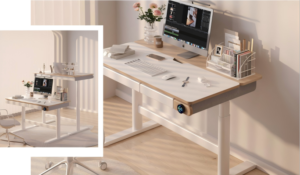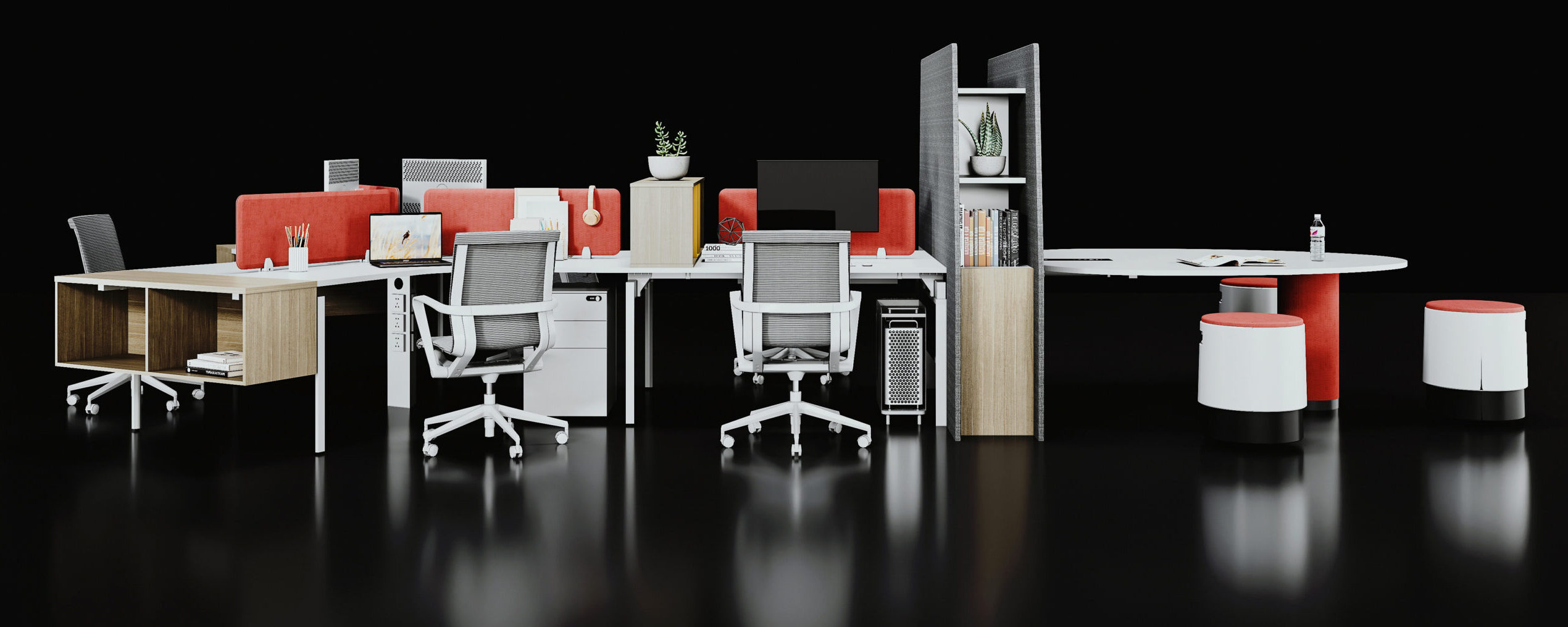
Modern workstations often fall short of meeting employees' needs, leading to discomfort and reduced productivity. A well-designed workstation can transform work efficiency.
A complete workstation requires an ergonomic desk with integrated power solutions, a supportive chair, storage solutions, and privacy panels. These elements work together to create an efficient and comfortable workspace.
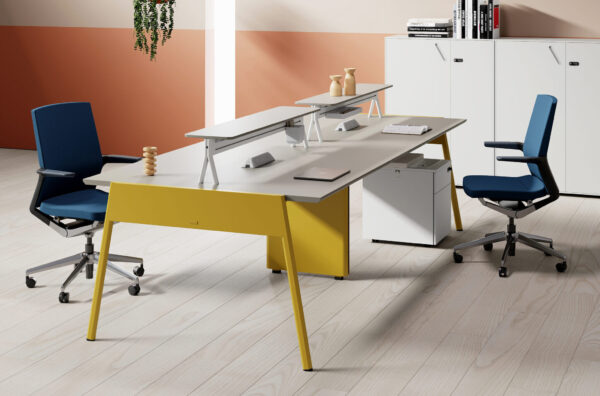
Let me share insights from years of designing productive workspaces that truly support today's work needs.
Which Furniture is Required for an Office?
Many businesses struggle with selecting essential office furniture. Poor choices can lead to decreased productivity and employee dissatisfaction.
Essential office furniture includes ergonomic desks, adjustable chairs, mobile pedestals, and storage solutions. Each piece should prioritize functionality while maintaining professional aesthetics.
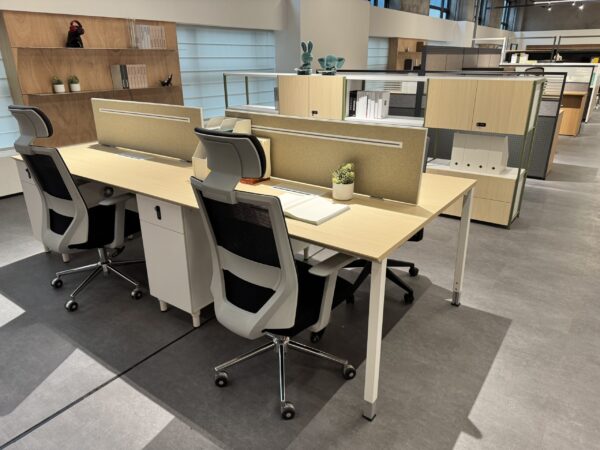
Having equipped countless offices, I've identified key components that maximize workspace efficiency. Modern workstations must accommodate multiple electronic devices while maintaining a clean, organized appearance. Here's what I consider essential:
Core Office Furniture Components:
- Height-adjustable desks
- Ergonomic chairs
- Mobile storage units
- Privacy panels
- Cable management solutions
Key Features to Consider:
- Built-in power outlets
- USB charging ports
- Keyboard trays
- Monitor arms
- Storage solutions
What Must Be Included in a Workstation Design?
Poor workstation design can lead to discomfort and reduced productivity. Understanding essential elements is crucial for creating effective work environments.
A well-designed workstation must include an ergonomic desk with power integration, proper lighting, adequate storage, and privacy solutions. The design should promote both efficiency and comfort.
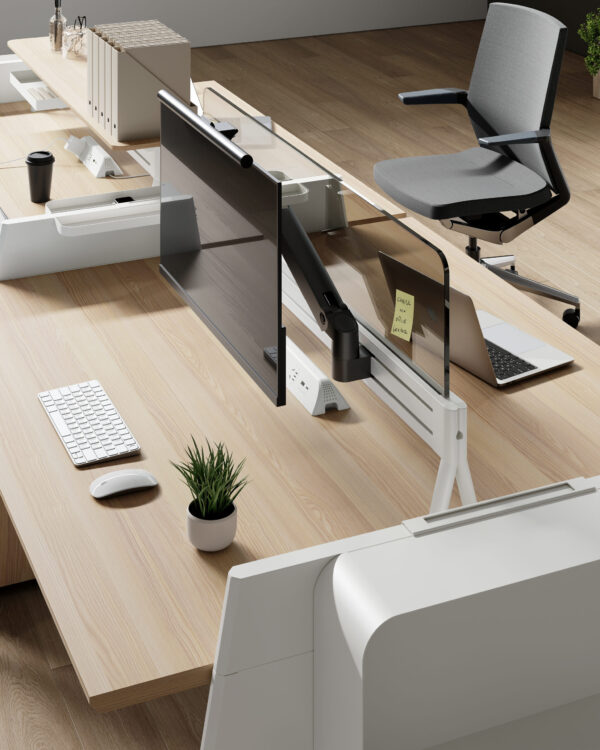
Through my experience in workstation design, I've learned that successful layouts consider both practical and ergonomic needs. Modern workstations should accommodate various work styles while maintaining organization. Let's break down the essential elements:
Workstation Must-Haves:
-
Power Management
- Integrated power outlets
- Cable management systems
- USB charging ports
-
Storage Solutions
- Mobile pedestals
- Under-desk drawers
- Vertical filing systems
-
Privacy Features
- Desk screens
- Modesty panels
- Acoustic elements
What Furniture Do You Put in an Office?
Creating a productive office environment requires careful furniture selection. The wrong choices can impact workflow and employee satisfaction.
A comprehensive office setup includes workstations, collaborative spaces, storage solutions, and breakout areas. Each element should support different work styles and tasks.
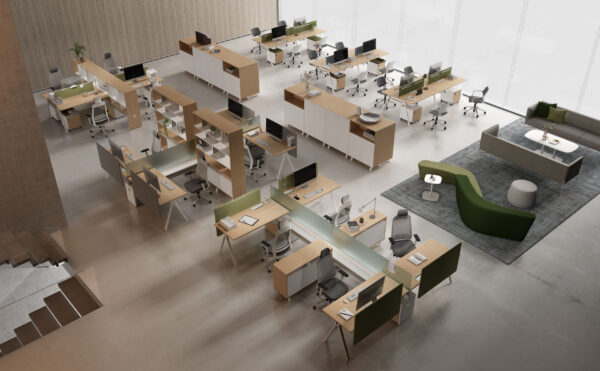
In my years of office planning, I've found that successful spaces balance individual and collaborative needs. Here's a detailed breakdown of essential furniture categories:
Essential Office Furniture Categories:
| Area Type | Required Furniture | Purpose |
|---|---|---|
| Individual Workstations | Desk, chair, pedestal | Focused work |
| Collaborative Spaces | Meeting tables, shared storage | Team projects |
| Support Areas | Filing cabinets, printer stations | Organization |
| Breakout Zones | Casual seating, coffee tables | Informal meetings |
What Features is a Workstation Chair Required to Have?
An uncomfortable chair can lead to health issues and decreased productivity. Understanding essential chair features is crucial for employee well-being.
A proper workstation chair must have adjustable height, lumbar support, armrests, and a five-star base with casters. These features ensure proper posture and comfort during long work hours.
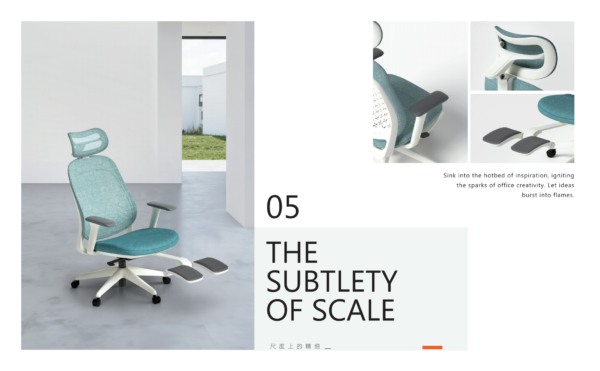
Based on extensive experience with ergonomic solutions, I've identified critical features that every office chair should possess. The right chair can significantly impact productivity and health:
Essential Chair Features:
-
Adjustability
- Seat height
- Backrest tilt
- Armrest position
- Lumbar support
-
Comfort Elements
- Breathable materials
- Proper padding
- Waterfall seat edge
- Swivel mechanism
-
Support Features
- Five-star base
- Quality casters
- Weight capacity
- Stability rating
Conclusion
A well-designed workstation combines ergonomic furniture, integrated technology, and thoughtful organization to create a productive workspace. By incorporating these essential elements, businesses can create comfortable, efficient environments that support modern work needs and enhance employee satisfaction.
Get in Touch
Quick Message
You may also be interested in:
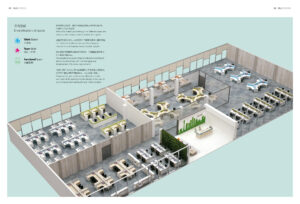
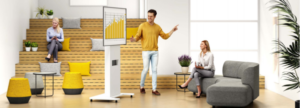
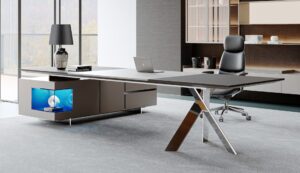
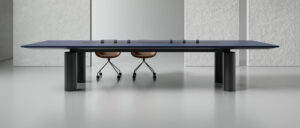
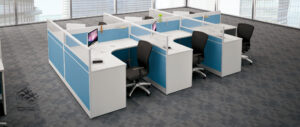
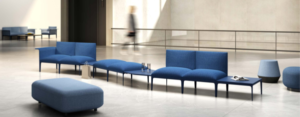
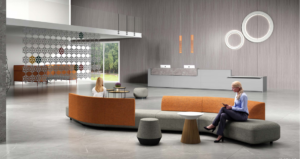
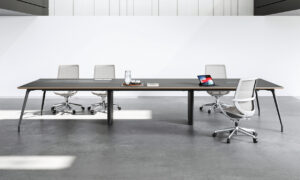
Conference Room Ideas for Smart Work: Collaboration, Technology & Employee Experience
Today's meetings demand effici

What Are My Options for Modern Office Furniture in Australia?
As someone who's supplied offi
